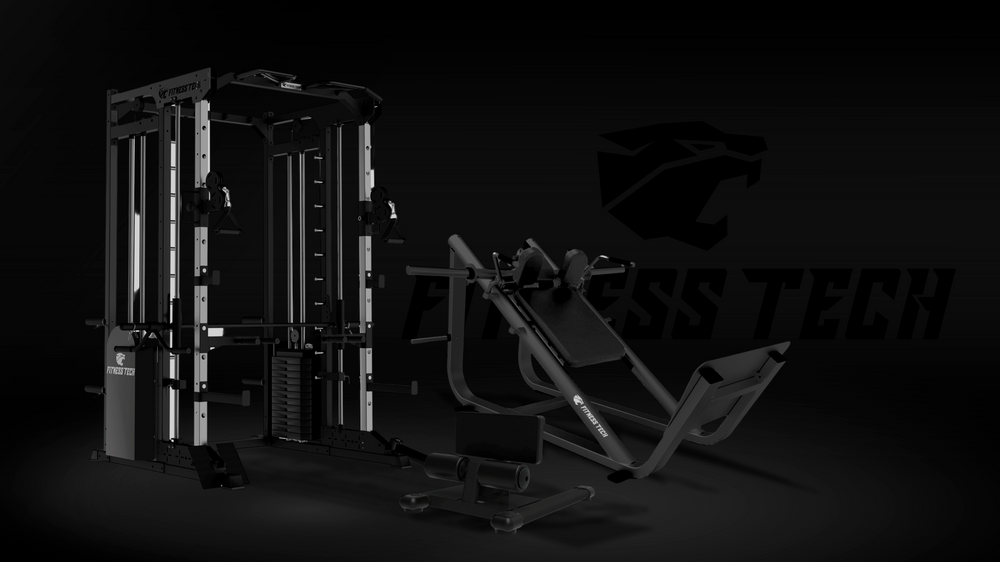Can you gain muscle mass by doing intermittent fasting?
Is it compatible to gain muscle mass while practicing intermittent fasting?
Intermittent fasting has become popular as an effective strategy for fat loss and metabolic health, but many people wonder if it is also possible to gain muscle mass following this protocol. In this article, we analyze the scientific evidence and give you practical advice to achieve it.
What is intermittent fasting?
Intermittent fasting (IF) is a feeding pattern where you alternate periods of fasting with windows of food intake. There are several ways to apply it:
- 16/8: 16 hours of fasting and 8 hours of eating (the most used).
- 20/4: 20 hours of fasting and 4 hours of eating.
- OMAD (One Meal a Day): Only one meal a day.
The main benefit of intermittent fasting is that it optimizes the use of fat as an energy source, but its impact on muscle mass gain remains a topic of debate.
Can you gain muscle with intermittent fasting?
The short answer is yes, but with certain conditions. The key to gaining muscle mass is the balance between:
- Caloric surplus or adequate energy balance.
- Sufficient protein intake.
- Progressive strength training.
Intermittent fasting does not prevent muscle gain, but it can make it harder to meet caloric and protein requirements if not planned well.
How to gain weight while doing intermittent fasting
1. Proper strength training
To build muscle, it is essential to perform resistance training with progressive loads. Ideally:
✅ Multi-joint exercises (squats, deadlifts, pull-ups, bench press).
✅ Frequency of 3-5 times per week.
✅ Focus training on progressive overload.
If you train fasted, make sure your last meal of the previous day includes proteins and carbohydrates to improve performance.
2. Sufficient caloric intake
To gain muscle, you need to consume more calories than you burn (caloric surplus). With intermittent fasting, it is essential:
✔️ Choose nutrient- and calorie-dense foods.
✔️ Strategically distribute meals within the feeding window.
✔️ Do not skip protein and carbohydrate intake post-workout.
3. Protein and macronutrient intake
Muscle needs protein to grow. It is recommended:
- 1.6 - 2.2 g of protein per kg of body weight.
- Include high-quality protein sources (eggs, meat, fish, legumes, protein powder).
- Distribute protein across multiple meals within the feeding window.
4. Hormone control and recovery
Intermittent fasting can increase growth hormone and insulin sensitivity, factors that favor muscle gain. However, it can also raise cortisol if stress and rest are not well managed. For this, it is recommended:
✅ Sleep at least 7-9 hours daily.
✅ Manage stress with techniques like meditation or deep breathing.
Advantages and disadvantages of gaining muscle with intermittent fasting
✅ Advantages
- Improves insulin sensitivity, favoring efficient nutrient use.
- Increases growth hormone production, key for muscle development.
- It can reduce fat accumulation during the bulking phase.
❌ Disadvantages
- Difficulty reaching a calorie surplus in fewer hours.
- It can affect performance in high-intensity workouts if not well planned.
- Risk of not consuming enough protein during the eating window.
Conclusion: Is intermittent fasting recommended for muscle gain?
Yes, it is possible to gain muscle mass with intermittent fasting, but it requires detailed planning. If you have trouble consuming enough calories or protein during the eating window, it might not be the best strategy for you.
To maximize results, make sure to:
✔️ Follow a structured strength training program.
✔️ Eat enough protein and calories.
✔️ Adjust the eating window according to your lifestyle and goals.
If you use intermittent fasting correctly, it can be an effective tool to gain muscle without accumulating too much fat in the process.






Me gustaría seguir con más d sus planes para una buena Salud física-mental 🙏🏻💯💫
Leave a comment